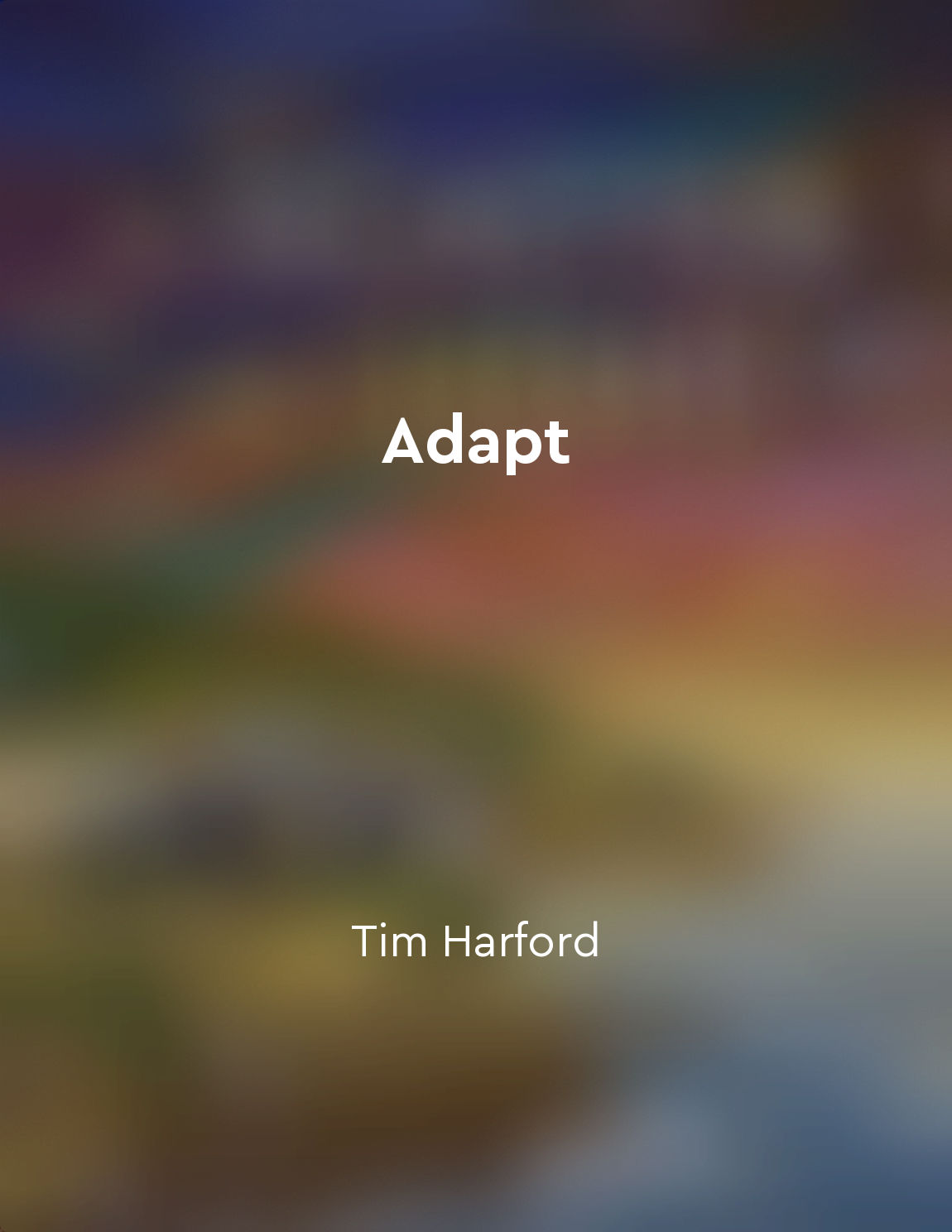Evolutionary theory challenges traditional views of progress from "summary" of The Structure of Evolutionary Theory by Stephen Jay Gould
The concept of progress in evolutionary theory challenges traditional views that uniformly extol progress as an inherent feature of life's history. Although evolutionary change brings adaptation in response to local environmental challenges, the directionality of these changes does not always lead to greater complexity or "higher" forms of life. Evolutionary theory rejects the notion of an inherent drive towards complexity or perfection, instead emphasizing the role of contingency, historical happenstance, and constraints in shaping the course of evolution. Progress, in the traditional sense, implies a linear trajectory towards a predetermined goal or ideal state. Evolution, on the other hand, operates through a process of descent with modification, where changes occur in response to specific environmental pressures. These changes do not necessarily result in more complex or advanced organisms; rather, they reflect adaptations that allow organisms to survive and reproduce in their particular ecological niche. The concept of progress is further challenged by the understanding that evolutionary change is not always gradual and continuous. Instead, it can occur in fits and starts, through processes such as punctuated equilibrium or rapid bursts of speciation followed by long periods of stasis. These patterns of change do not conform to traditional views of progress as a steady march towards improvement. Moreover, evolutionary theory highlights the role of randomness and chance events in shaping the course of evolution. Mutations, genetic drift, and other stochastic processes can lead to unpredictable outcomes that do not necessarily result in progress towards a particular goal. The contingent nature of evolution underscores the complexity and unpredictability of life's history, challenging simplistic notions of progress as an inevitable outcome of natural selection. In sum, evolutionary theory challenges traditional views of progress by emphasizing the contingent, historical, and non-linear nature of evolutionary change. Rather than a unidirectional march towards perfection, evolution operates through a complex interplay of adaptation, constraint, and chance events that shape the course of life's history in unpredictable ways. By rejecting simplistic notions of progress, evolutionary theory offers a more nuanced and sophisticated understanding of the diversity and complexity of life on Earth.Similar Posts

Embrace flexibility
Flexibility is the key to success in a rapidly changing world. It allows us to adapt to new circumstances, seize unexpected opp...
Life is a subject of ongoing inquiry and discovery
Life is not something that we can fully understand or explain. It is complex, dynamic, and constantly changing. There are so ma...
Natural selection drives the process of evolution
Natural selection is the driving force behind the process of evolution. It is a simple concept, yet its implications are profou...
Imagination
Imagination is the workshop where all plans are created, and all desires are given shape and form. It is the faculty through wh...
Biotechnology manipulates living organisms for human benefit
Biotechnology is a field that involves using living organisms to develop products and processes that benefit humans. It is a po...

Agnosticism is not a middle ground between belief and disbelief
Agnosticism is often mistakenly viewed as a middle ground between belief and disbelief. However, this is not the case. Agnostic...
The importance of emotions in human behavior
Emotions play a crucial role in guiding human behavior. They are deeply rooted in our evolutionary past, influencing our action...
Evolutionary theory challenges traditional views of progress
The concept of progress in evolutionary theory challenges traditional views that uniformly extol progress as an inherent featur...

Continuous improvement is essential
Continuous improvement demands that we keep learning and adapting, making small changes based on what we learn. The idea isn’t ...
